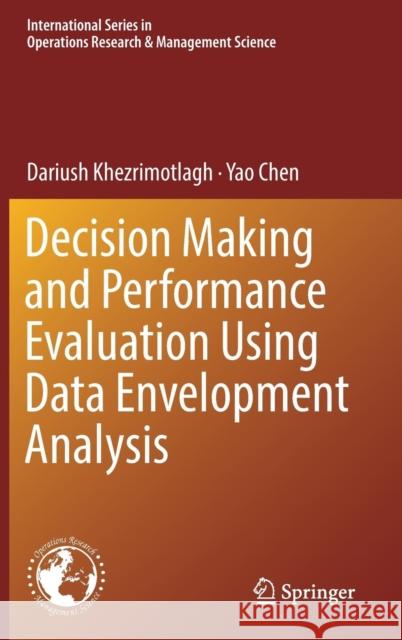Decision Making and Performance Evaluation Using Data Envelopment Analysis » książka
topmenu
Decision Making and Performance Evaluation Using Data Envelopment Analysis
ISBN-13: 9783319763446 / Angielski / Twarda / 2018 / 392 str.
Kategorie:
Kategorie BISAC:
Wydawca:
Springer
Seria wydawnicza:
Język:
Angielski
ISBN-13:
9783319763446
Rok wydania:
2018
Wydanie:
2018
Numer serii:
000052976
Ilość stron:
392
Waga:
0.76 kg
Wymiary:
23.39 x 15.6 x 2.39
Oprawa:
Twarda
Wolumenów:
01
Dodatkowe informacje:
Wydanie ilustrowane











